Asia is a popular tourist destination, offering a wide variety of activities for visitors to enjoy. With over half of the world’s population residing in Asia, it’s no surprise that the continent is also home to many avid gamblers. Although the majority of Asian countries prohibit gambling, the good news is that post-Covid the number of legal operators in Asia is on the rise.
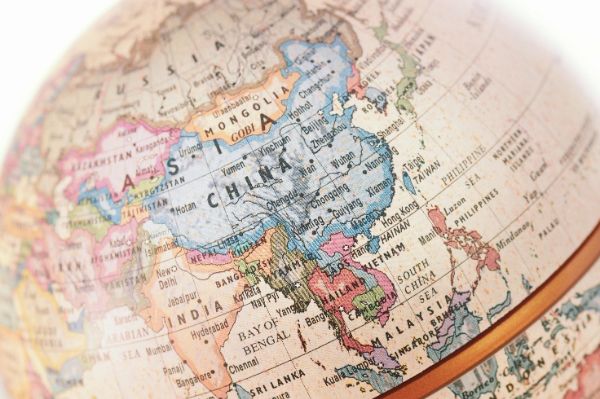
It’s actually quite interesting, because when one looks at an entirely different jurisdiction such as America, while there are quite a number of gray areas in terms of legalities and licensing, it’s safe to say, regulations are laxer.
This is manifest when simply looking at gamblers’ demand for USA no deposit bonus codes. Well, different continents, different rules…Now, let’s have a look at different Asian countries and explore what is permitted and what isn’t.
Japan
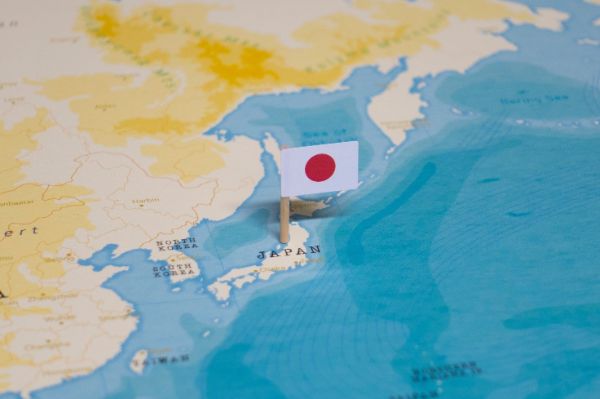
Gambling in Japan has long been prohibited, except for limited forms like football games, horse races, and pachinko machines. However, recent laws allow for the development of larger-scale casinos called Integrated Resorts (IRs) as tourist destinations.
Locals face challenges in gambling due to restrictions on ownership, except for a loophole with Pachinko Parlors where you can win tokens that can be exchanged for money outside the parlors. It’s worth noting that there are strict rules and regulations regarding gambling in Japan. For instance, you must be at least 20 years old and have valid identification papers when entering any casino establishment.
Furthermore, gambling facilities in Japan are scarce, and the likelihood of significant changes in the near future is pretty low.
Philippines
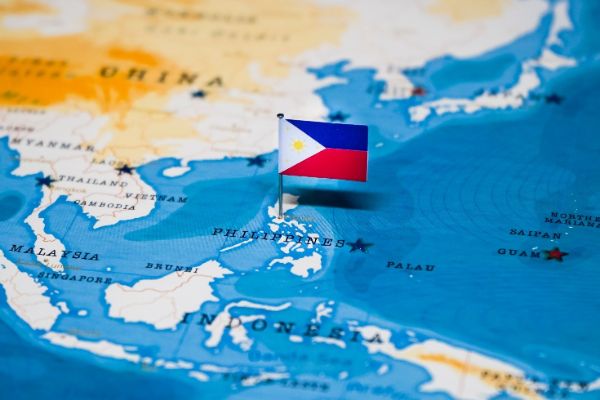
Gambling in the Philippines is highly regulated and mostly illegal, except for horse racing and legal online gambling. What is more, operating or entering a casino without government permission is prohibited – a regulation originating from the country’s history as an American colony during World War II, when casinos were established on military bases.
Tourists arriving via air travel may have limited access to gaming areas, requiring identification proof at hotels. Additionally, online casinos can operate from the Philippines but cannot offer services within the country. On the other hand, foreign companies are allowed to legally provide online gambling services to Filipinos, obtaining licenses through PAGCOR originally meant for land-based operations.
China

Gambling is largely prohibited in mainland China, except for two state-run lotteries. However, Chinese citizens can still indulge in casino entertainment through legal loopholes in Macau and Hong Kong, the country’s special administrative territories.
This is why neighboring countries invest heavily in luxurious five-star casino resorts to attract and cater to Chinese gambling tourists.
Macau
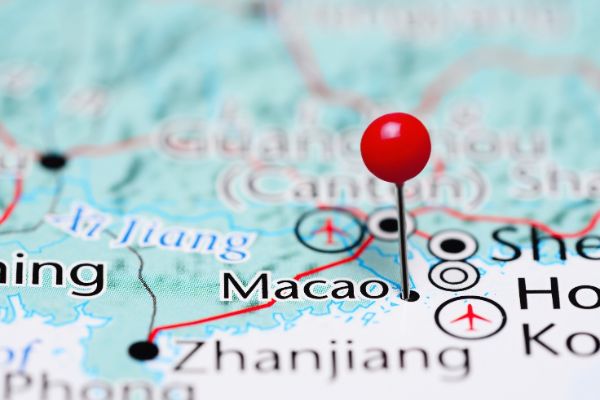
Often referred to as the Asian “Las Vegas,” Macau boasts a massive gambling industry with 41 casinos catering mainly to high-stakes players, offering a variety of games, including slot machines, blackjack, and roulette. The island captures the vibrant atmosphere of Vegas with its abundant neon lights, themed hotels, and casinos.
However, online gambling has been prohibited in Macau since 2015. While gambling itself is not permitted outside of casinos, the government strictly regulates and allows the operation of these establishments.
Hong Kong
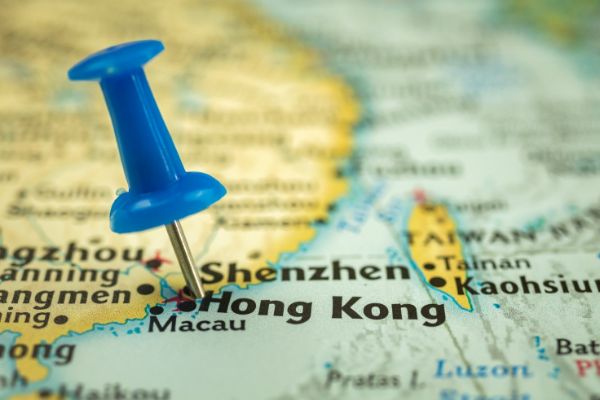
Hong Kong, as another special administrative region of China, has established the Jockey Club, which allows regulated horse race betting and sports gambling. However, online gambling and sports betting are completely banned, and foreign online casino sites are actively blocked. Other forms of gambling, such as land-based casino games, are only permitted outside of Hong Kong’s territorial waters. As a result, individuals seeking to gamble often travel to nearby Macau.
Also Read: The Ethical Implications of Online Casinos and Responsible Gambling
Gambling involving card and dice games like craps or baccarat is legal in Hong Kong. However, slot machines are strictly prohibited, although they can be found in certain establishments that are considered “casino style” within specific limits.
Vietnam
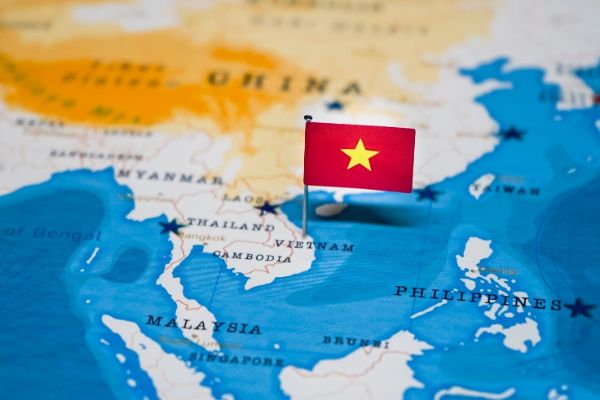
In 2018, Vietnam initiated the legalization of gambling by allowing sports betting and opening casinos for tourists. Although most locals are prohibited from playing in casinos, there is an initiative to permit Vietnamese citizens in specially licensed venues if they can demonstrate a monthly income of at least €370.
While several developers are seeking government approval to construct additional casinos, currently only one casino is operational, with another one in the development stage.
Cambodia
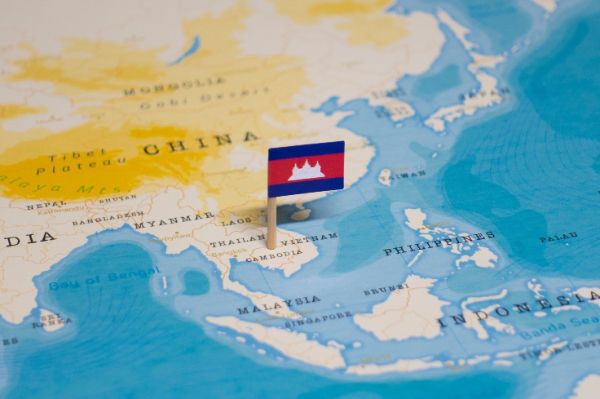
Land-based casinos in Cambodia exclusively allow gambling for visitors, attracting many individuals from neighboring countries where gambling is not yet permitted. Online gambling was briefly legalized from 2015 to 2020 but has since been prohibited again by the government.
Malaysia
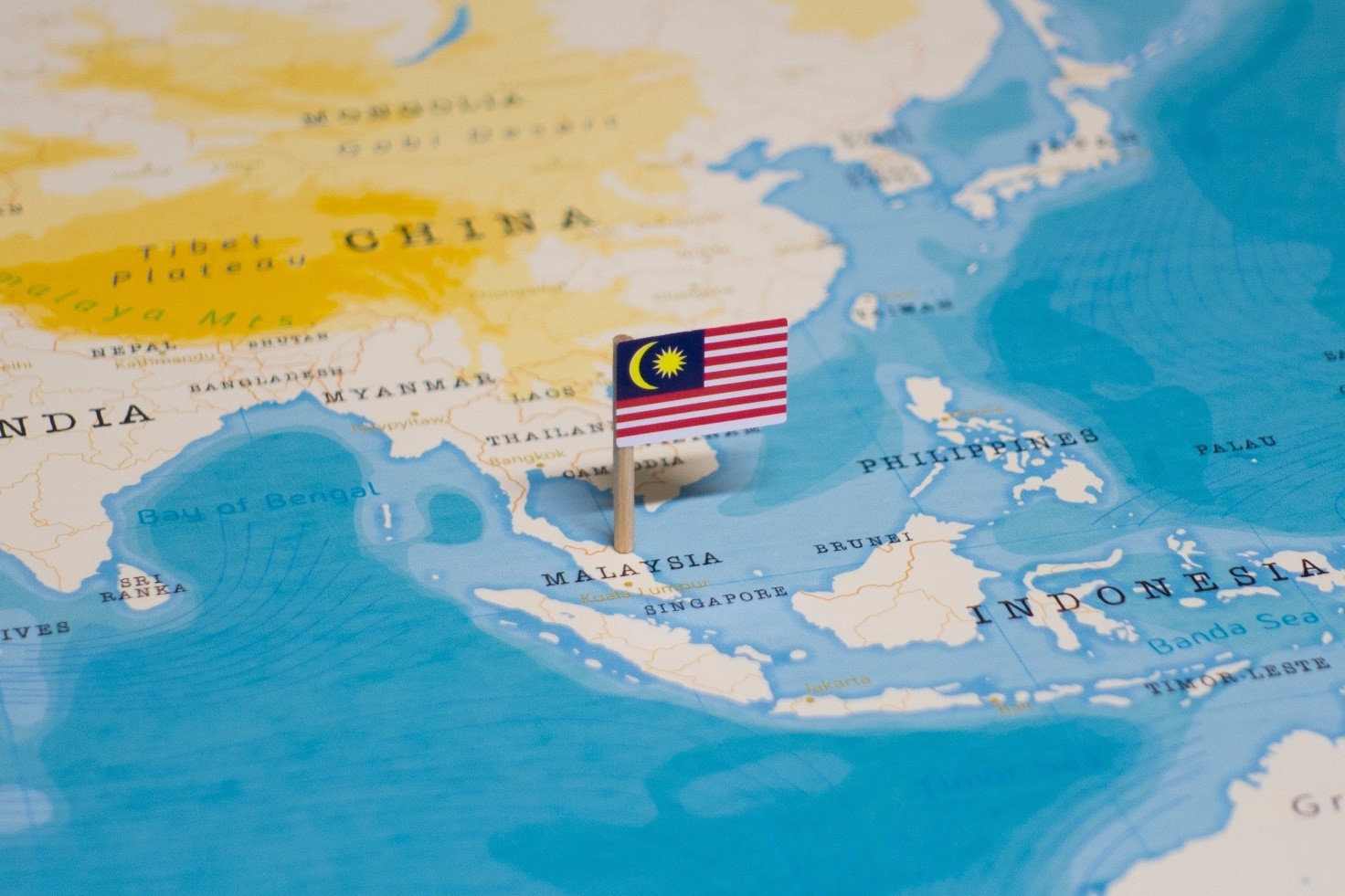
Similar to Vietnam and Cambodia, Malaysia allows only tourists to gamble at physical locations, while both internet and physical gambling are prohibited for its citizens. The act of gambling itself is not considered a crime for Malaysian citizens, but due to the country being predominantly Muslim, gambling is generally not allowed.
With limited casinos in Malaysia, except for Genting Highlands, most gamblers will find themselves in either Sarawak or Sabah. These states have casinos operated by various companies, each with its own age restrictions and minimum betting requirements.
So, What Type of Gambling Is Actually Accepted In Different Countries?
The following is a breakdown of what’s accepted in each country, summing up the most salient information in this article.
- Japan – Limited forms of gambling are allowed, such as football games, horse races, and pachinko machines. Locals can also participate in gambling through Pachinko Parlors, where they can win tokens that can be exchanged for money outside the parlors.
- Philippines – Horse racing and legal online gambling are permitted. Foreign companies are allowed to legally provide online gambling services to Filipinos.
- China – Chinese citizens can indulge in casino entertainment through legal loopholes in Macau and Hong Kong, the country’s special administrative territories.
- Macau – Casinos are allowed to operate, offering various games including slot machines, blackjack, and roulette.
- Hong Kong – Regulated horse race betting and sports gambling through the Jockey Club are permitted. Gambling involving card and dice games like craps or baccarat is also legal.
- Vietnam – Sports betting and casinos are open to tourists. There is an initiative to permit Vietnamese citizens to gamble in specially licensed venues if they meet certain income criteria.
- Cambodia – Land-based casinos allow gambling for visitors.
- Malaysia – Tourists are allowed to gamble at physical locations, particularly in Genting Highlands, Sarawak, and Sabah. Gambling is generally not allowed for Malaysian citizens, but it isn’t considered a crime.
